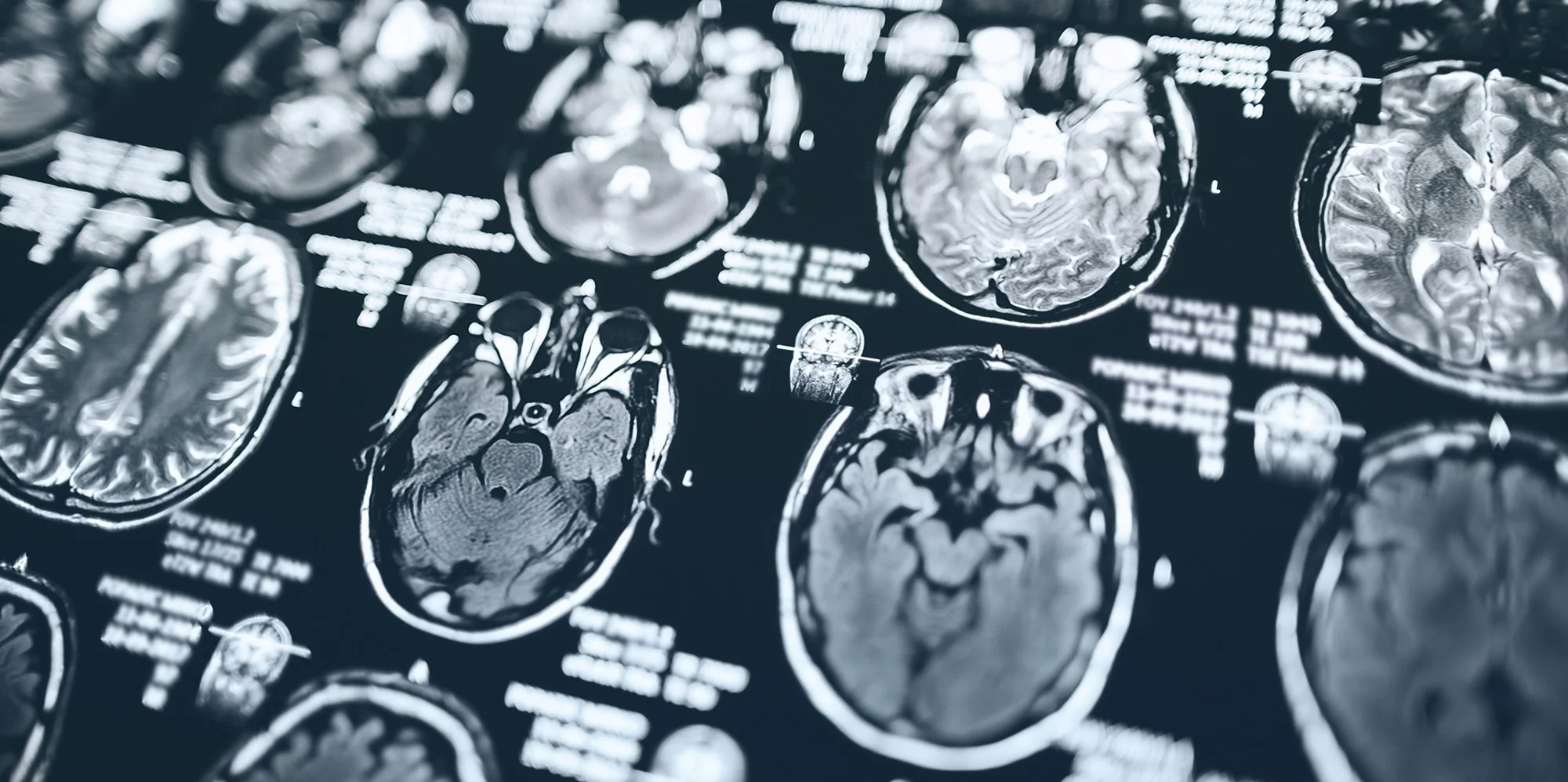
Train Your Body—and Your Brain
According to a recent analysis of nearly 4,500 adults aged 60 and older, published in Frontiers in Aging Neuroscience, five types of exercise were shown to improve cognitive function. The activity categories included resistance training, aerobic exercise, high-intensity interval training, mind–body practices such as Tai Chi and yoga, and hybrid routines that combine multiple approaches. Among them, resistance training emerged as the most effective in supporting global brain health, including memory and attention. Notably, the study found that strength training delivered measurable cognitive benefits with just two 45–60 minute sessions per week over a three-month period.

Alzheimer's Affects 50M to 400M Worldwide But a Recent Study Offers Hope
The science journal Nature published research recently that shows a strong connection between lithium loss and Alzheimer's. When lithium—which occurs naturally in the brain—becomes depleted, it accelerates the formation of amyloid-beta plaques and structures and gives way to inflammatory cells in the brain. But researchers found that the use of lithium orotate helped reverse disease-related effects and restore memory function. Read what Harvard Medical School has to say about the subject.

Aging Outliers Offer Valuable Lessons
Emily Rogalski, a University of Chicago scientist, studies both superagers (whom she defines as people over age 80 with memory performance at least as good as an average 50- to 60-year-old), as well as individuals at the other end of the aging spectrum—those with PPA, a disease that renders people unable to speak beginning in middle age. She believes these two extreme, and extremely rare groups, offer lessons in both brain resiliency and brain vulnerability.

Creatine on the Brain
Everyone’s talking about creatine these days. It’s become a popular supplement among women looking to build strength, particularly those in perimenopause and menopause. And, the findings of a recent pilot study show a potential positive link between creatine and brain function. Researchers stated that the results, while preliminary and limited in scope, indicate that creatine supplements can improve brain health among Alzheimer’s patients. More about the study can be found by following the link below.

Grey Matter Matters
It’s critical to support brain health at every stage of life. Experts offer advice for improving and preserving cognitive wellbeing, beginning as children (focus on good nutrition and sleep), and extending through the teens (be aware of potential mental health and anxiety issues), midlife (pay attention to vascular health), and older adulthood (stay socially engaged). Read all of the recommendations at the San Francisco Chronicle.

A Vaccine to Fight Dementia?
It might already exist. Advanced research conducted by Stanford Medicine found that the shingles vaccine may, in fact, do double duty: treating its intended target, and offering protection against developing dementia, lowering the risk by as much as 20%. The findings support a nascent medical hypothesis that viruses impacting the nervous system can negatively affect cognitive functioning. Read more about the groundbreaking study at Stanford News Center.

Can Driving a Taxi Tax Your Brain?
In a word: Yes! It turns out driving a taxi can tax your brain—but in a good way. Recent research found that U.S. taxi (and ambulance) drivers had the lowest incidence of death due to Alzheimer’s disease among the more than 400 occupations included in the study. Researchers attributed this to drivers’ use of complex cognitive skills to navigate trips (most participants worked prior to today’s ubiquitous reliance on GPS). Whether solving spatial challenges, or engaging in other decision-based activities such as chess, stimulating your brain can be key to brain health.
Follow the link below to The Wall Street Journal to learn more.

Brain Health: The Benefits of Learning How to Play Music
For many kids, learning how to play an instrument is a key part of their formative years. Not only does it help with brain development, it also helps elevate moods and reduce stress. For older adults who pick up an instrument, the list of benefits expands, including the possibility of reduced risk of dementia. Read more at The Atlantic.

A More Resilient Brain and the Science of Longevity
It’s not too late to register for the Buck Institute’s December 11th Seminar on Aging. Tickets are still available for joining via Zoom. And, while you’re at their site, you can also get a leg up on January’s seminar.
First up, this Wednesday, Tara Tracy, PhD, will be highlighting how clearing a toxic protein in the brain can help promote the resilience of synapses, which send information between neurons. Already successful with restoring memory in mice, her focus offers great promise.
Kicking off the new year, Eric Verdin, MD, will lead a talk centered around the evolving science of longevity, parsing out what is fact versus fiction. That seminar will take place January 8, 2025.

The Mechanisms of Brain Aging
In this month’s Live Better Longer Community Seminar Series from the Buck Institute, geroscience experts examine the innovations and interventions extending human healthspan. Next up on November 6th (in person and on Zoom): “The Mechanisms of Brain Aging,” led by Ashley Webb, PhD, Buck Professor.
